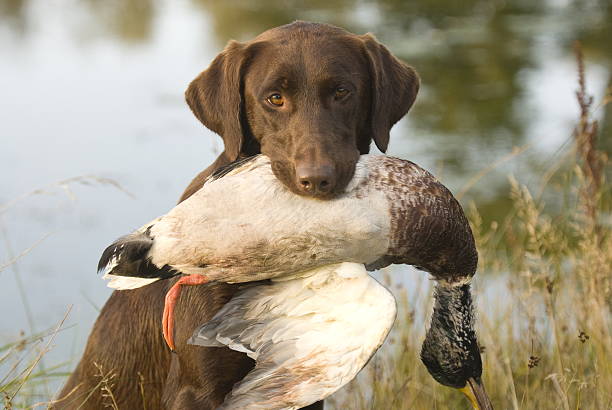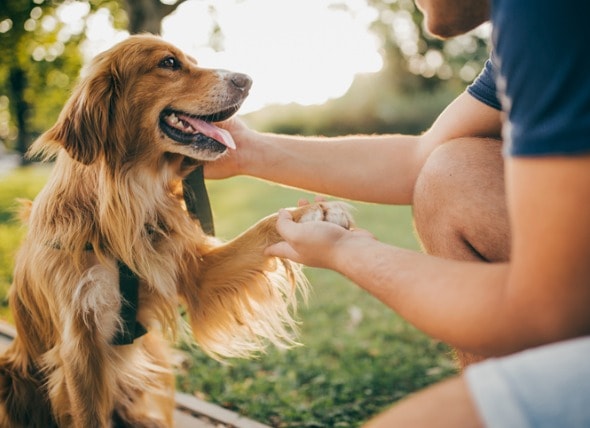Oriental kittens are known for their sleek bodies, large ears, and expressive eyes. They are intelligent, social, and energetic cats that can make wonderful companions. When choosing an Oriental kitten for your home, it's important to consider their personality traits to ensure they will be a good fit for your lifestyle. From playful to affectionate, each Oriental kitten is unique in its own way. Here is a guide to help you choose the right for sale Oriental kitten for your home.
Personality Traits to Consider
Playful
- Oriental kittens are known for their playful nature.
- They enjoy interactive toys and games that stimulate their minds.
- Playtime is essential for Oriental kittens to release their pent-up energy.
Affectionate
- Oriental kittens are affectionate and bond closely with their owners.
- They enjoy being close to their humans and seek out attention and affection.
- Oriental kittens are known to follow their owners around the house and even cuddle with them at bedtime.
Choosing the Right Oriental Kitten
Temperament
When selecting an Oriental kitten, observe their temperament to ensure they will mesh well with your family and living situation. Consider whether you prefer a playful and active kitten or one that is more laid-back and affectionate.
Interaction
Interact with the Oriental kittens you are considering to see how they respond to you. Look for kittens that approach you, show interest in being petted, and exhibit signs of friendliness and curiosity.
Health and Socialization
Choose an Oriental kitten that appears healthy, with bright eyes, a shiny coat, and a playful demeanor. Ensure that the kitten has been properly socialized by the breeder or rescue organization to help them adapt well to their new home.
Preparing Your Home for an Oriental Kitten
Safe Environment
- Remove any hazardous items that the kitten could ingest, such as small objects or toxic plants.
- Provide scratching posts and interactive toys to keep the kitten entertained and prevent them from becoming bored.
- Secure any windows or balconies to prevent the kitten from escaping or falling.
Comfortable Space
- Set up a cozy sleeping area with a comfortable bed or blanket for the kitten to rest in.
- Designate a feeding area with clean food and water bowls that are easily accessible to the kitten.
- Provide a litter box in a quiet, private location for the kitten to use.
Building a Bond with Your Oriental Kitten
Quality Time
Spend quality time with your Oriental kitten to build a strong bond and establish trust. Engage in interactive play sessions, grooming routines, and cuddle time to show your kitten love and attention.
Positive Reinforcement
Use positive reinforcement techniques, such as treats and praise, to reward good behavior and encourage desirable habits in your Oriental kitten. This will help strengthen your bond and create a harmonious relationship.
Patience and Understanding
Be patient and understanding as your Oriental kitten adjusts to their new home. Allow them time to explore their surroundings, get comfortable with you and your family members, and develop their unique personality.
Conclusion
Choosing the right Oriental kitten for your home involves considering their personality traits, temperament, and socialization. By selecting an Oriental kitten that matches your lifestyle and preferences, you can build a strong bond and enjoy a fulfilling companionship with your new feline friend. Remember to create a safe and comfortable environment, spend quality time together, and be patient as your Oriental kitten adapts to their new surroundings. With love, care, and understanding, your Oriental kitten will thrive and bring joy to your home.






